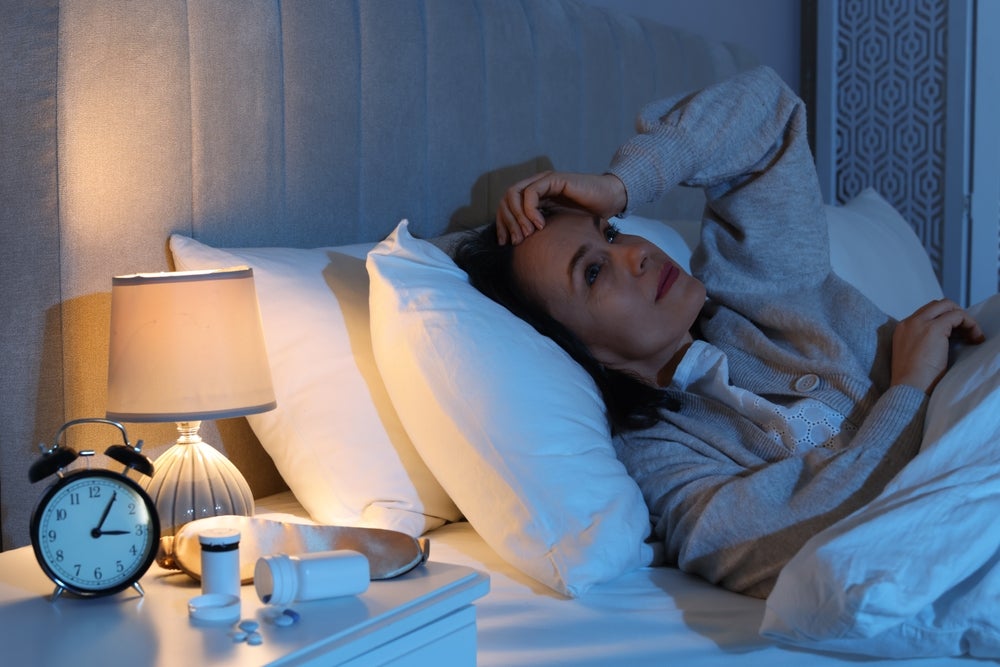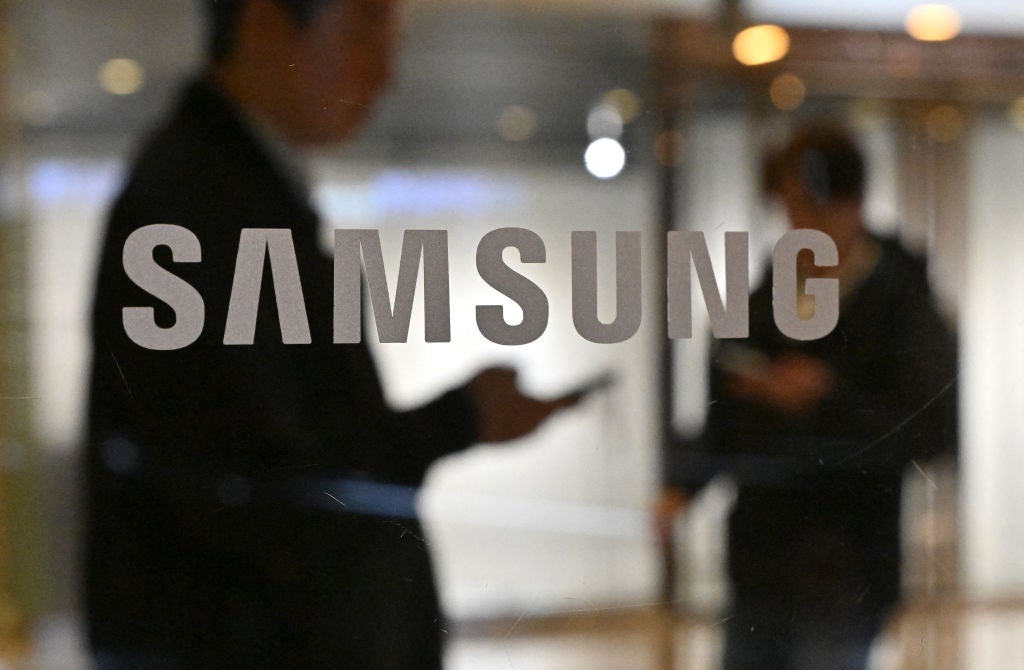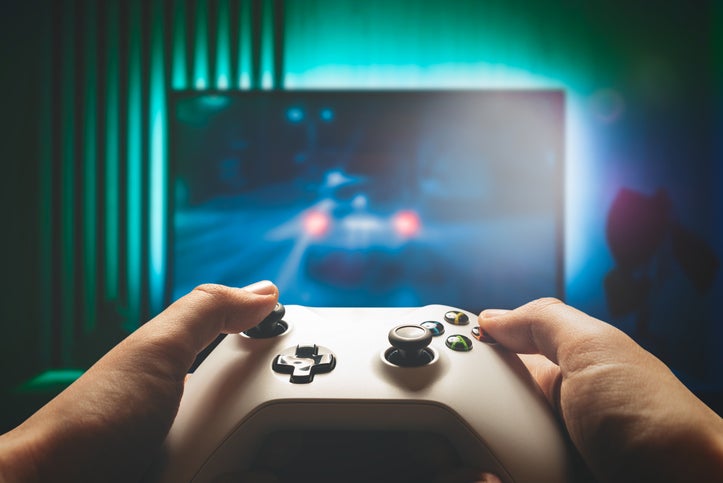
On average, sleep accounts for up to one-third of your life, but this share may be shrinking. Modern life and its technological progress have significantly disrupted our sleep. From the early use of artificial lights to the current use of smartphones, technology continues to invade our sleep. In the US alone, the Center for Disease Control and Prevention (CDC) reports that 35.2% of all adults sleep for less than seven hours per night. And while we all feel the immediate effects of a bad night’s sleep (drowsiness, headaches, poor mood, and cognitive delays, for example), consistent insufficient sleep has more serious long-term consequences.
Insufficient sleep affects the individual and the community
A host of research brings to light the consequences of consistently poor sleep. It can increase the risk of cardiovascular morbidity, diabetes, obesity, mental health distress, and much more. And beyond the individual, a community of bad sleepers affects everyone, from the increased burden on health services to workplace accidents—as well as the prevalence of people with a lack of physical and emotional energy to engage with those around them.
Is technology the culprit?
Our daily dependence on technology continues to grow, especially in the case of personal electronic devices, such as phones, tablets, and laptops. While we all experience the various benefits that access to these devices provides, their effect on sleep is becoming undeniable.
As early as 2014, the UK communications regulator, Ofcom, reported that UK adults spent an average of eight hours and 41 minutes a day on media devices, less than their average night’s sleep at eight hours and 21 minutes. And with the rapid improvement of the entertainment and engagement that such devices provide, their use will only increase and inevitably move into our bedtime hours. For example, social media has come a long way since the days of Myspace, and apps now, like TikTok, boast a never-ending supply of short-form content that has dramatically grown its Gen Z audience.
An underreported pandemic
Despite the diverse age range and widespread geographical pool affected by insufficient sleep, it still does not appear high on public health agendas. In the meantime, addictive technology—from games and social media to other streaming services—continues to play a pervasive role in our lives. So, what can be done to reinstate global sleep health? For the individual, there are simple solutions, like no devices at bedtime and a regular schedule. But it seems now we need a response from both companies and governments alike. Regulation on the harms of addictive technology and internet access must come into play and public health campaigns educating us about the dangers of sleep deprivation are vital.
How well do you really know your competitors?
Access the most comprehensive Company Profiles on the market, powered by GlobalData. Save hours of research. Gain competitive edge.

Thank you!
Your download email will arrive shortly
Not ready to buy yet? Download a free sample
We are confident about the unique quality of our Company Profiles. However, we want you to make the most beneficial decision for your business, so we offer a free sample that you can download by submitting the below form
By GlobalData






